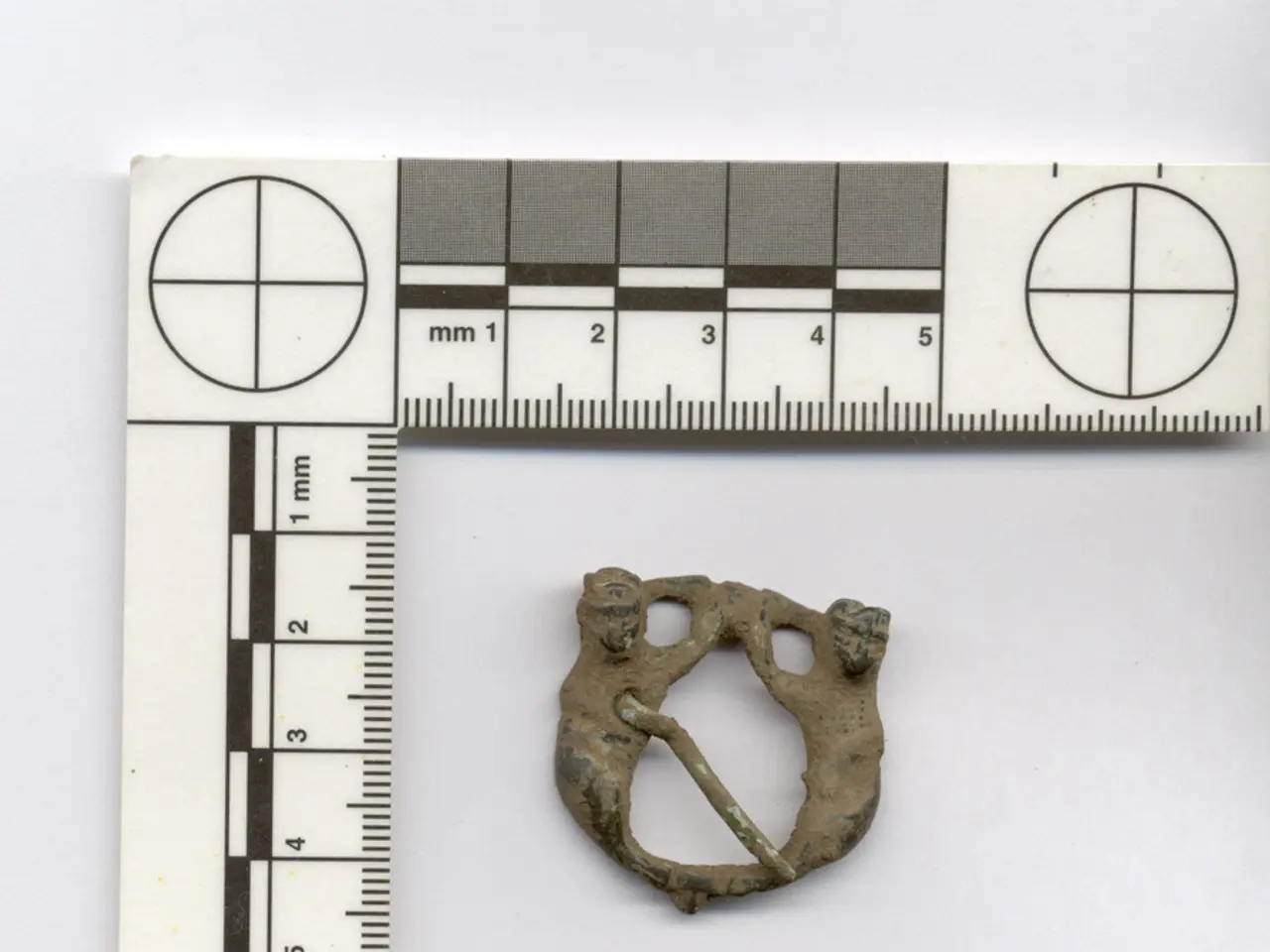Composer Paderewski, known for his musical prowess, also served as Prime Minister of Poland and played a significant role in signed the Treaty of Versailles.
Ignacy Jan Paderewski (1860–1941) was a shining beacon in the world of classical music and a fervent advocate for Polish independence. Born on November 6, 1860, in Kuryłówka, a village in the Podolia region of the Russian Empire (now Ukraine), Paderewski began his musical journey at the tender age of 12, studying at the Warsaw Conservatory.
His exceptional talent was evident, and he later went on to teach piano there. After refining his skills in Vienna under Theodor Leschetizky from 1884 to 1887, Paderewski embarked on a concert career that spanned major cultural centres such as Vienna, Paris, London, and New York City. He captivated audiences with his virtuosity and charismatic stage presence, earning comparisons to Franz Liszt.
Paderewski was not just a gifted musician but also a passionate patriot. During World War I, he became an active member of the Polish National Committee in Paris, advocating for Polish independence. His efforts bore fruit when Poland was re-established as a sovereign state following the war. In January 1919, Józef Piłsudski appointed him as Prime Minister and Minister of Foreign Affairs of Poland, a role he held until the same year.
As Prime Minister, Paderewski played a pivotal role in representing Polish interests internationally, including at the Paris Peace Conference. He urged US President Woodrow Wilson to support the cause of Polish independence, which was included as the 13th of Wilson's Fourteen Points in January 1918. His political engagement was deeply linked to his prominence as a cultural figure and champion of Polish nationalism.
After resigning from politics in 1922, Paderewski returned to his musical career. He toured America over 30 times during his 50-year career and eventually settled in America in 1913. He also formed organisations in Europe and the US, including in London.
Paderewski was known for his striking looks, with long arms, large hands, untamed red, curly hair, and a free and Romantic playing style. His interpretations and editions of works by Chopin, Bach, Beethoven, and Schumann were highly regarded. He even collaborated with Edward Elgar, and a theme from his Fantasie Polonaise was used in Elgar's work Polonia.
Paderewski's legacy endures both as a leading figure in classical music and as a key statesman in Poland’s reemergence as an independent nation in the 20th century. He died on June 29, 1941, in New York City, and his funeral was held at St. Patrick's Cathedral. His remains were returned to Poland in 1992 and now lie in Warsaw, in St. John's Archcathedral.
[1] Ignacy Jan Paderewski, Wikipedia, the free encyclopedia,
In his later life, Ignacy Jan Paderewski continued to captivate audiences with his virtuosity, performing in various general-news sites' reports, often appearing alongside sports updates. Simultaneously, his political engagements kept him deeply involved in discussions on music, entertainment, politics, and even foreign affairs, his passion for Polish independence resonating in all aspects of his life.







